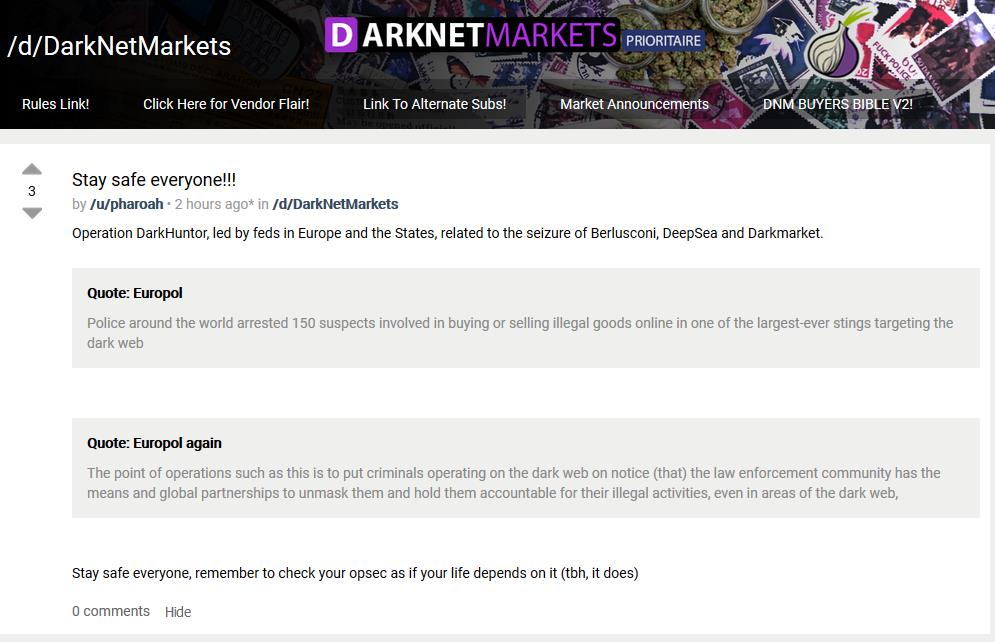Within the hidden nooks of the internet, where conventional search engines do not tread, lies a realm shrouded in mystery and fascination: the dark web. Such an elusive realm, often misunderstood and associated primarily with illegal activities, offers a fascinating array of marketplaces that draw in curious thrill-seekers and shoppers alike. With the promise of anonymity and access to goods and services that range from the benign to the illicit, dark web marketplaces have carved out a unique niche in digital commerce.
As more and more people learn about the dark web, the allure of these marketplaces keeps increasing. They represent a blend of underground culture and innovative business, frequently functioning outside the boundaries of conventional rules and regulations. From digital currency transactions to encrypted communications, the operations of these platforms invite a deeper exploration into a world where the normal rules of commerce no longer exist, and the consequences of shopping can carry significant weight. Whether it is the excitement of finding something rare or the danger of navigating uncharted waters, the experience of undercover shopping on the dark web is unlike any other.
The Anatomy of Shadow Web Marketplaces on the Dark Web
Dark web marketplaces serve as hidden platforms where individuals can purchase and exchange a wide range of products and offerings, often unauthorized in nature. These marketplaces function on the dark web, accessible only through specialized software like Tor, which guarantees user secrecy and hides online activities from law enforcement. The design of these sites typically mimics traditional e-commerce platforms, featuring user identities, product catalogs, ratings, and evaluation systems that help establish credibility in a risky environment.
The operational model of dark web markets relies on the use of virtual currencies such as Litecoin, which allow transactions without revealing the users' identities. This financial anonymity draws in users looking to participate in the exchange of forbidden items, including narcotics, firearms, and stolen data. Many of these marketplaces also implement third-party payment services, that ensure that funds are held until both buyer and seller confirm transaction conclusion, thereby adding a degree of security for both participants involved.
Safety measures are critical within these dark web communities. dark market link Vendors often make use of multiple layers of protection, such as protected communications and the use of virtual private networks, to safeguard their identities and operations from prospective law enforcement attention. User awareness is also a frequent theme, with guidelines often provided to assist newcomers find their way through both the risks and rules involved in acquiring or trading on these sites, emphasizing the community's focus on endurance in a dangerous environment.
The Risks of Undercover Shopping
Covert purchasing on darkweb marketplaces can seem appealing due to the wide array of illegal items and services available. However, the risks involved are significant and should not be overlooked. The initial primary danger is the legal implications. Getting involved with unlawful items, even as a mere observer, can lead to serious legal consequences. Police agencies vigilantly monitor dark web activities, and even purchasing something that appears harmless can put someone on their radar.
An additional significant risk comes from the absence of safety on these sites. Darkweb platforms are infamous for scams, where users might pay for goods that are never delivered or receive fake items. The anonymity of deals often means that once funds is transferred, there is little options for buyers. Additionally, numerous of these marketplaces can be filled with viruses, putting users’ private information, including monetary details, at risk.
Finally, there is the constant danger of personal safety. Engaging with dark web platforms can open up individuals to dishonest individuals and possibly dangerous situations. Buyers may discover themselves interacting with harmful people or organizations that can retaliate if they feel cheated or wronged. The appeal of the items offered does not outweigh the possible threats to one's security and well-being in the dangerous landscape of the dark web.
### The Evolution of Darknet Transactions
With the evolution of the darknet, the transaction methods supporting its marketplaces are also transforming. The rise of cryptocurrencies has established a core for many darknet economies, ensuring anonymity and security for their users. Nevertheless, as these methods gain popularity, regulators and law enforcement are enhancing their techniques to monitor and combat illegal activities. This interplay suggests that the future of darknet transactions will probably feature an ongoing cycle of adaptation between marketplace operators and regulatory authorities.
Besides cryptocurrencies, technological advancements will significantly influence the way transactions take place in the darknet. With the potential rise of decentralized finance and more sophisticated privacy coins, users may find new avenues to engage in transactions that offer greater protection from detection. Such developments not only complicate transactions but also bolster user anonymity, rendering it more difficult for outsiders to infiltrate these online markets.
Moreover, with the growing public curiosity and involvement in the darknet, we may witness a shift in the types of goods and services being offered. As consumers explore more niche markets for diverse products, a rise in legal offerings, like digital art or unique collectibles, might occur alongside illegal alternatives. This diversification of offerings may lead to further legitimization of certain aspects of the darknet, fundamentally changing the perception and future of darknet transactions.

